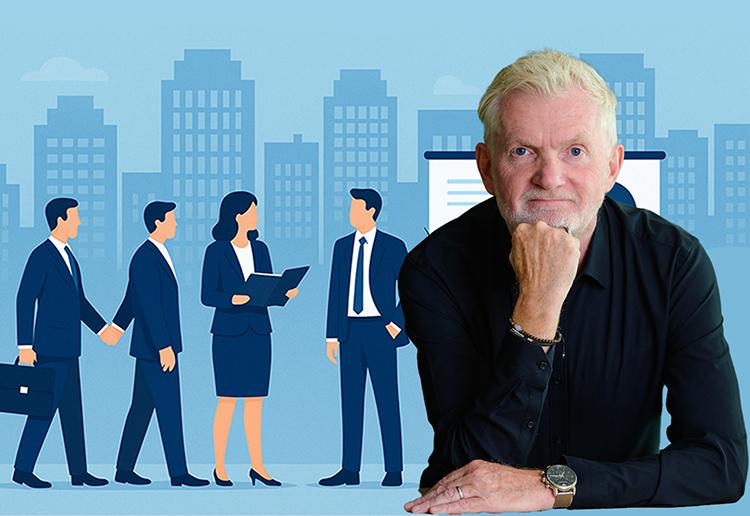2025-10-08
jobs

With over 15 years’ experience advising real-estate firms and individuals in Romania, Colin C. Lovering is a familiar voice in the regional market. As founder of Lovering & Partners, a consultancy focused on business and people performance, he helps organisations sharpen not only their technical operations but also their communication, mindset and strategic approach. As the real-estate sector heads into 2026, Lovering offers actionable advice on how professionals can build trust, deliver value and lead teams effectively in a CIJ EUROPE Q&A article. Talk less about yourself — and more about what you can do for your clients. Many young professionals can recite leases, valuations or tenant mix statistics — but fewer can frame that information in ways that matter to the client from the very first meeting. Since many buyers have already formed strong preferences before they engage with a provider, what differentiates an effective advisor or developer is the ability to bring fresh insight, to anticipate objections (“why wouldn’t you hire me?”), and present priorities in a compelling way. As Lovering says, it’s less about your firm’s history; more about your enthusiasm, your creativity and your relevance to the client’s world. Negotiate early, and treat it as a normal part of the deal, not a battle to avoid. Some professionals believe the best approach is to keep issues hidden until the end; others dread negotiation as adversarial. Instead, Lovering recommends shaping the scope of the conversation from the start: outline your agenda, include negotiation as part of the meeting plan, and obtain agreement on timing. This reduces awkwardness and surprises, improving both tone and trust. Empathy helps; so does clarity. Language and personality matter as much as fluency. In cross-border business, many technical people worry about making mistakes in English or appearing uncertain. While mistakes do draw attention, they rarely hurt more than a professional demeanour, clarity of thought, and warmth of delivery. Romania already scores highly in English proficiency; the next step for many is confidence. Rather than apologise for language level, focus on connection and clarity. Remote or digital contact still requires human presence. Many meetings now happen via video, but too often the visual or interpersonal aspect is overlooked. Professionals should ensure that even in virtual meetings they present themselves optimally: proper camera angle, good lighting, upright posture. Regular outreach matters. Letting trusted clients or prospects know you are thinking about them — by sharing insights, asking their perspective, or suggesting a conversation — keeps relationships alive, even when in-person meetings are few. Training teams means building presence more than perfecting slides. Technical knowledge is necessary, but the ability to communicate it convincingly is equally valuable — especially for younger staff. The goal of any meeting or presentation should be clarity, confidence, and a sense of partnership. Encourage individuals to enter meetings with one idea or data point that they know the client will remember. State the agenda clearly, secure agreement with the listener, and deliver. Rehearsal builds comfort; authenticity builds trust. This year, more than ever, being the best technical provider isn’t enough — what matters is how professionals engage, how they negotiate, how they lead, and how they connect. © 2025 www.cijeurope.com

